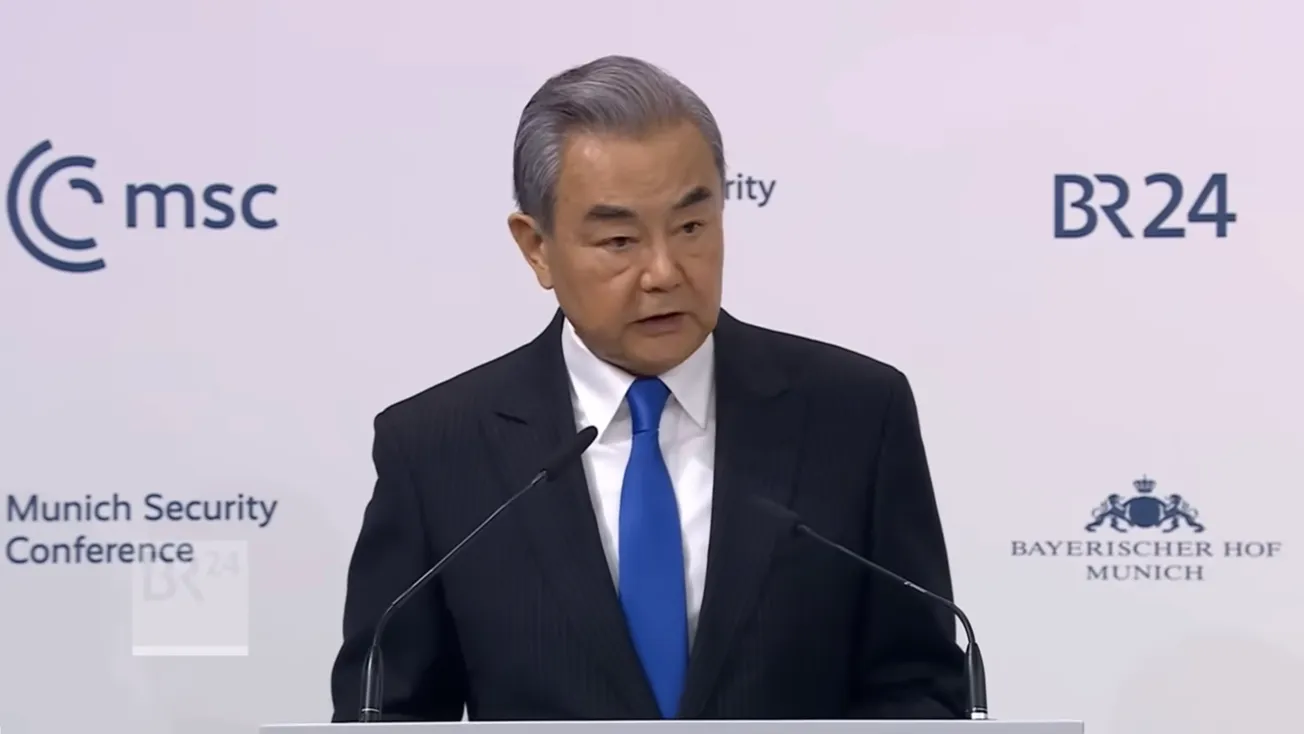Sept.12 (EIRNS) — In recent interviews Serbian President Aleksandar Vucic has clarified the details of the economic agreement between Kosovo and Serbia brokered by the White House and signed in the presence of President Donald Trump on Sept. 4. After clarifying some of the controversy over the agreement drummed up by the media, Vucic chose to stress the economic benefits of the deal, especially the agreement to go forward with the “Mini Schengen” which is a sort of mini-common market among Serbia, Kosovo, Albania and North Macedonia.
In reference to speculation that the deal was made to the detriment of Serbian relations with Russia and China, Vucic said: “Our relations with Russia are very good, our relations with China are very good, excellent. I am one of the few leaders, I can say that now, who also said before President Trump that we have decent and good relations with the People’s Republic of China, and I have to say that President Trump received us in a very cordial way.”
Speaking about the part of the agreement from Washington that refers to the use of the 5G network, that Serbia would avoid using 5G networks which are not safe, Vucic pointed out that there are no problems in the equipment of Huawei, with which Serbia signed a contract.
Vucic held what he called a very cordial and understanding telephone discussion with Russian President Vladimir Putin to brief him on the agreement, and that Putin was fine with the agreement. Putin is expected to visit Serbia in October.
Vucic remarked on the call that “Serbia is a military-neutral country, and President Putin welcomed Serbia’s firm position. Despite the difficulties of its geopolitical, military and economic situation, Serbia will continue to defend the principle of military neutrality and will remain Russia’s true and proper partner.”
The most interesting part of the agreement was the consolidation of the Mini-Schengen Zone among Serbia, Albania, North Macedonia and Kosovo. The agreement was first declared on Oct.10, 2019 at a meeting in Serbia, with follow-up meetings in North Macedonia and Albania. It aims at creating a market of 14 million people among countries, which are not in the European Union, and while all of them are on the waiting list, none are expected to be accepted for some time. While Kosovo had agreed to the proposal, it never acted on it. The White House agreement now commits Kosovo to the project, as well as giving it U.S. backing.
Commenting on this Vucic pointed out: “Someone in the American administration understood well that this is the best way for lasting peace in the region, but also the greatest interest of the Serbian people.… If, for example, at all border crossings where we have phytosanitary inspections, when you make trucks wait for you 24 hours less than is the case today, then you make serious savings in operating business. Then you help the economies of your countries and you can show how much your economy is making progress.” He also said work permits for Tirana, Albania or Pristina, Kosovo, or Skopje, North Macedonia, will be valid in Belgrade, Serbia, as well.
“These are thousands of things that make life easier for ordinary people, which give them the right to hope that they will live in peace. It will stabilize the entire region. Not to mention that we have agreed on significant infrastructure projects, such as the Nis-Pristina highway,” Vucic stated. “Also, the railways that we have almost forgotten. We will reconstruct the existing Nis-Pristina road, and after that we will have complete infrastructure for passenger and freight traffic, all the way to Tirana and Durres (in Albania). What is even more important for us is that we expect that in the next month or two, for the office of the American Development Fund in Belgrade to be open.”
Apparently the U.S. has promised that American International Development Finance Corporation (DFC) and the Millennium Challenge Corporation will begin operations in Serbia in support of American investments. What that will actually mean in practice is another question.
In an article posted on his Facebook page, Prime Minister of Albania Edi Rama warmly endorsed the agreement, especially its commitment to the “Mini-Schengen” which would make the Albanian port of Durres a port of entry for the west Balkans.



